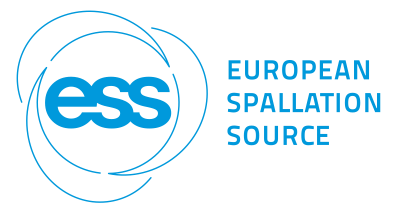Description
Abstract – Karen Edler
Authors: Karen J Edlera, Cecilia Tognolonia, Ilaria Idinia, Gareth J Pricea, Ann Terryb, Tom Arnoldc, Richard Campbelld, Andrew Jacksonf, Adrian Sanchez-Fernandeza, Daniel Bowronf, Oliver Hammonda.
a. Department of Chemistry, University of Bath Claverton Down, Bath BA2 7AY, UK
b. MAX IV Laboratory, Lund University, Lund, Sweden.
c. Diamond Light Source, Harwell Science and Innovation Campus, Didcot, UK.
d. Institut Laue-Langevin, Grenoble, France.
e. European Spallation Source, Lund Sweden
f. ISIS Pulsed Neutron & Muon Source, Harwell Science and Innovation Campus, Didcot, UK.
The self-assembly of amphiphiles and their interactions with species such as polymers, nanoparticles and even the solvent are central to formation of many structured soft matter materials. Work in the Edler group exploits these interactions in a range of different systems from polymer-surfactant films, to mesostructured silicas, cellulose-surfactant nanofibril gels, phospholipid-polymer nanodiscs, and micelles in aqueous and non-aqueous solvents. Our studies of these systems make extensive use of small angle scattering, reflectivity and wide-angle scattering to determine the formation mechanisms and final structures over a range of length scales from molecular to microns. Neutron scattering methods allow us to determine structures and interactions in these materials via use of contrast variation to help provide sufficient data to allow detailed model fitting. This presentation will discuss some of our recent work on micelles in deep eutectic solvents, and formation of polymer stabilized-phospholipid nanodiscs to demonstrate the use of deuterated materials, which are central to this work.
Author
Dr
Karen Edler
(University of Bath)

